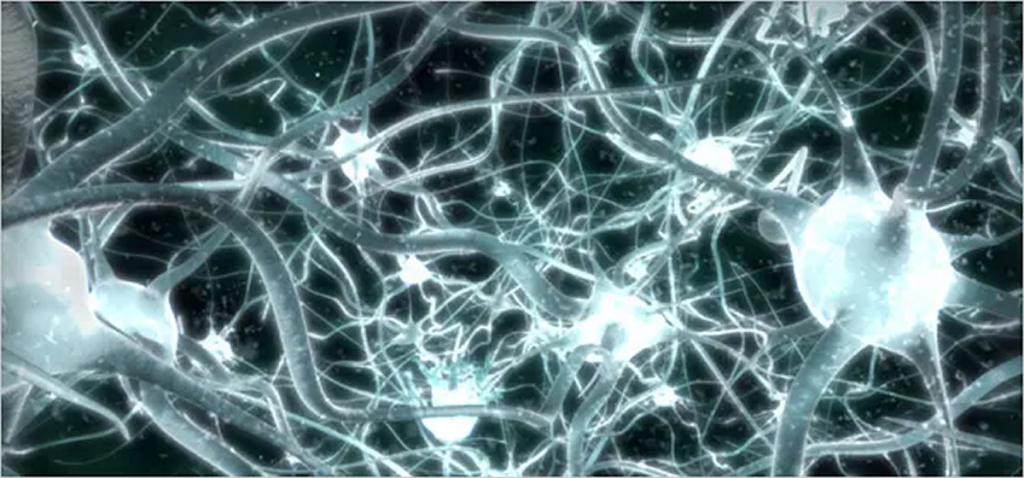
May 2021 | In book: Expériences du corps vivant | Publisher: L’Harmattan
Abstract
In spite of their inexhaustible variety, martial practices and energy medicines from China (wushu, taiji quan, qi gong, etc.) share at least one common element: they all stress the importance of shenfa (身法), an operative concept for which symptomatically we cannot give a satisfactory account with any direct translation. As an ability to link body parts together, shenfa presents itself as the master cog of body mechanics; but more importantly, it represents the cognitive condition of those activities, whether aimed at caring for health or seeking martial efficacy. Shenfa, as a non-mediated determinism of the uninhibited “living body,” free(d) from the grasp of consciousness or will, acts sponte sua, far from the stiffness and inflexibility of models, and the arbitrariness of representations. In the Chinese context, shenfa imposes itself as a legitimate and natural operationalization of principles inherited from Taoism (« 無為 », « 道法自然 », etc.), which are among the primary foundations of the Chinese civilisation. What about elsewhere? Untranslatable in itself into western languages, do we have the tools to at least understand the expression? And what about Japan? The two characters forming the word shenfa (身法) do exist in Japanese, but are never associated. How can the Japanese neighbours understand it nevertheless? In short, we will pursue the exploration of the living body’s potentialities through a minute investigation of the conditions under which we can really understand this ‘simple’ notion of shenfa.
Full text available: https://www.researchgate.net/publication/351512586_Shenfa_or_the_Efficiency_of_the_%27Living_Body%27_in_Chinese_Martial_Arts
About the Author:


